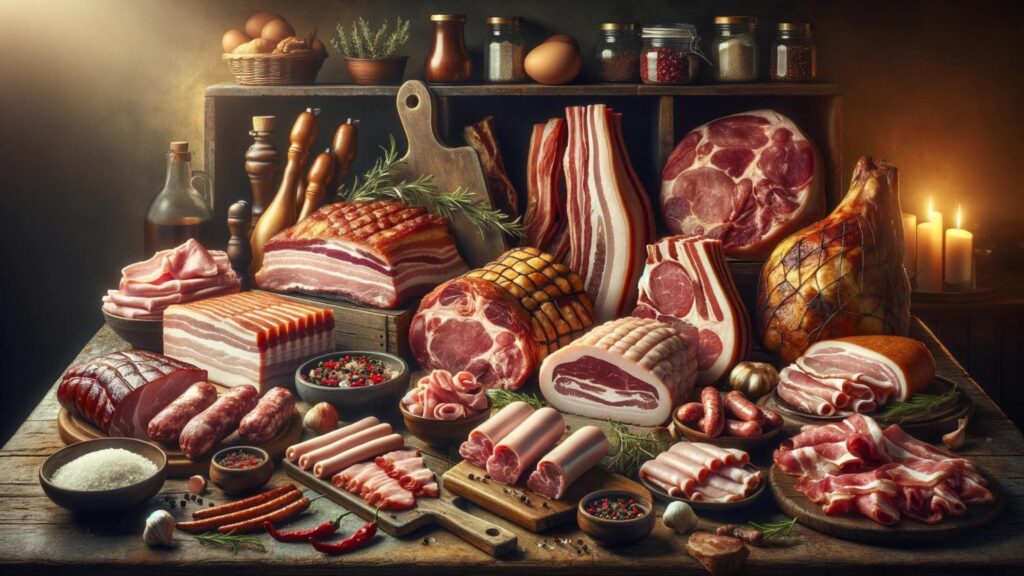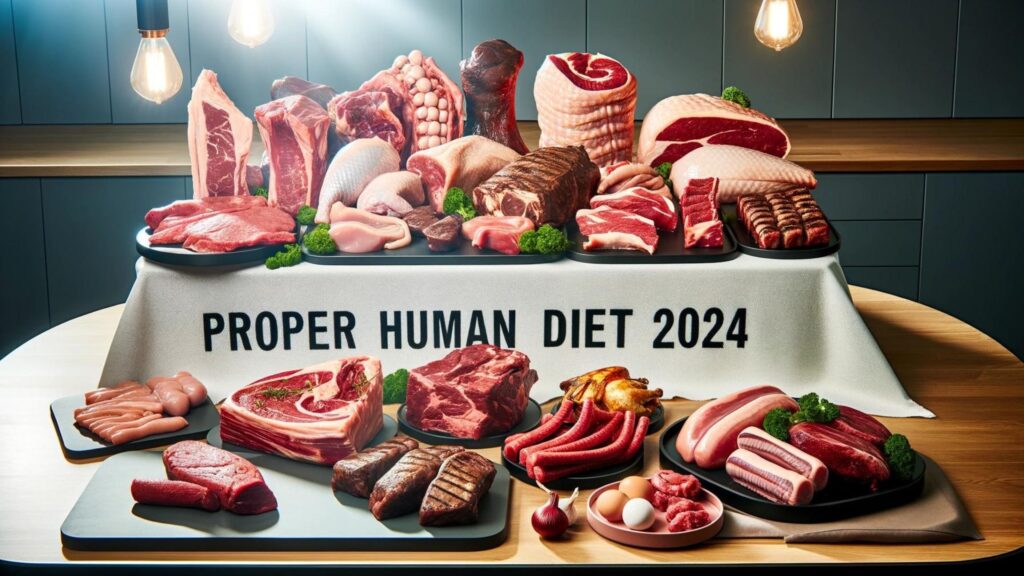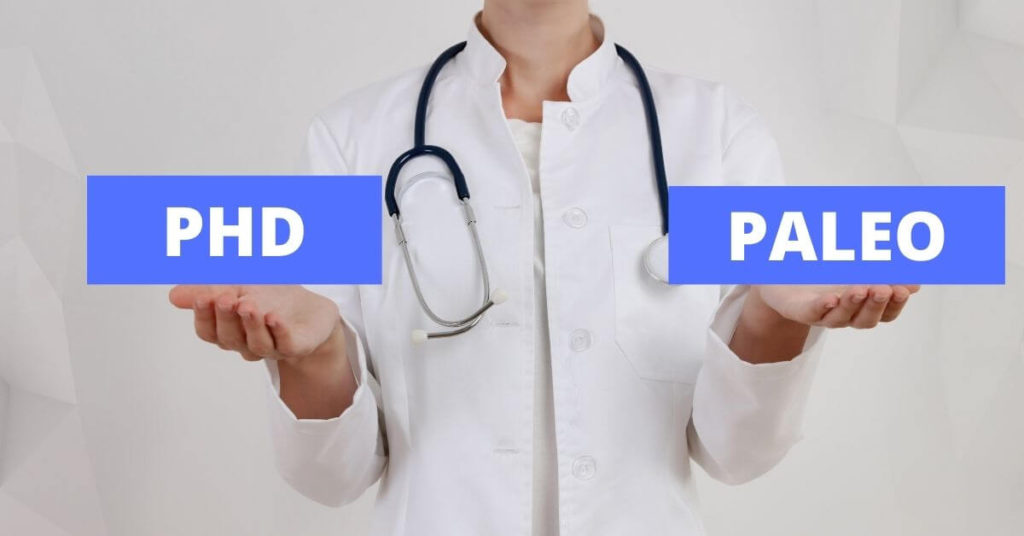Exploring the 20 Essential Principles For a Proper Human Diet in 2024 isn’t just about eating right; it’s a revolution in your kitchen. This quick guide is your golden ticket to understanding how simple tweaks in your diet can bring monumental changes. Dive in, and let’s uncover the secrets to a healthier, more vibrant you this year!
20 Essential Principles For a Proper Human Diet
- Prioritize Meat Consumption: Focus on fatty cuts of grass-fed and pasture-raised meats.
- Incorporate Eggs: Include organic and pastured eggs for their high nutrient density.
- Choose Fatty Fish: Opt for wild-caught, fatty fish rich in omega-3 fatty acids.
- Consume Low-Lactose Dairy in Moderation: Prefer high-fat dairy like grass-fed butter and aged cheeses.
- Eliminate Processed Foods: Avoid foods with added sugars and unhealthy fats.
- Limit High-Carb Vegetables and Fruits: Focus on low-carb, nutrient-dense options.
- Emphasize Essential Fatty Acids: Include sources of omega-3 and omega-6 EFAs.
- Eat Whole, Unprocessed Foods: Choose foods that are close to their natural state.
- Practice Mindful Eating: Be present and conscious during meals.
- Understand Portion Control: Eat according to the body’s hunger and fullness cues.
- Stay Hydrated: Drink sufficient water throughout the day.
- Plan and Prepare Meals: Organize meals to maintain consistency with the diet.
- Customize to Individual Needs: Tailor the diet based on personal health goals.
- Focus on Nutrient Density: Choose foods rich in essential vitamins and minerals.
- Incorporate Organ Meats: Include nutrient-packed options like liver and heart.
- Use Healthy Cooking Fats: Opt for natural fats like coconut oil, butter, or ghee.
- Avoid Sugar and Artificial Sweeteners: Eliminate sources of refined sugars.
- Include Green Leafy Vegetables: Add low-carb vegetables for fiber and nutrients.
- Limit Dairy Intake: Choose dairy wisely, focusing on quality over quantity.
- Adapt Gradually: Transition slowly to accommodate the body’s adjustments.
In conclusion, the Proper Human Diet in 2024 is about more than just food choices; it’s a holistic approach to eating that encompasses quality, mindfulness, and individualization. By following these 20 principles, individuals can navigate towards a healthier, more balanced lifestyle that aligns with our ancestral dietary patterns.
Understanding the Proper Human Diet (PHD)
In 2024, the Proper Human Diet (PHD) has emerged as a guiding force in the realm of nutrition, advocating for a return to a more ancestral approach to eating. This diet is rapidly gaining traction for its simplicity and effectiveness in addressing a wide range of health issues. Advocates of the PHD, like Dr Berry, highlight its benefits in improving mental clarity, aiding in fat loss, and providing relief from chronic illnesses such as diabetes, skin conditions, and joint pain.
Key Components of the PHD

Emphasis on Meat and Animal Products
Central to the PHD is the consumption of animal products, particularly meat, which serves as the primary calorie source. Advocates recommend focusing on fatty cuts of grass-fed beef, such as ribeye, porterhouse, and ground beef, with a higher fat content. This preference stems from the diet’s low-carbohydrate approach, where fats are utilized as the main energy source. For an in-depth guide on starting the PHD, particularly focusing on meat consumption, visit Proper Human Diet: A Beginner’s Guide.
The Role of Eggs in the PHD

Eggs hold a special place in the PHD, often referred to as “nature’s multivitamin.” They are a perfect ratio of fats, proteins, and essential nutrients, making them an integral component of this diet. Organic and pastured eggs are particularly emphasized for their high quality, providing a rich source of vitamins and omega-3 fatty acids, crucial for optimal health.
Importance of Seafood
Seafood, especially fatty fish like salmon and mackerel, is a cornerstone of the PHD due to its high-quality protein, healthy fats, and abundance of omega-3 fatty acids. These nutrients are essential for heart health, cognitive function, and joint health. However, the diet advises moderation due to the potential contamination from industrial pollution.
Dairy in the PHD: A Careful Inclusion
Dairy, particularly low-lactose and high-fat options like grass-fed butter and aged cheeses, is allowed in the PHD but is recommended to be consumed in moderation. This cautious approach is due to the prevalence of dairy intolerances and the potential inflammatory effects of certain dairy products.
Foods to Avoid in the PHD

Avoiding Processed Foods and Sugars
A pivotal aspect of the PHD is the elimination of processed foods and added sugars. These are deemed inflammatory and detrimental to health, contributing to obesity, heart disease, and diabetes. The diet instead encourages the consumption of whole, nutrient-dense foods for optimal health. For more insights on the foods to avoid and a comprehensive meal plan, visit Proper Human Diet Recipes: A 7-Day Meal Plan.
Limiting High-Carb Vegetables and Fruits
While the PHD does not entirely exclude vegetables, it advises against those high in carbohydrates. This includes starchy vegetables like potatoes and sweet fruits. The focus instead is on low-carb vegetables, particularly green and leafy ones, which are rich in vitamins and minerals.
Nutritional Balance and Essential Fatty Acids (EFAs)
A balanced PHD emphasizes the inclusion of essential fatty acids (EFAs), which are vital for maintaining a healthy cardiovascular system, cognitive function, and joint health. The diet highlights the importance of EFAs as building blocks of cell membranes and for synthesizing hormones and proteins. Sources such as fatty fish are recommended to ensure a healthy balance of omega-3 and omega-6 EFAs.
In conclusion, the Proper Human Diet in 2024 centers around a return to nutrient-dense, ancestrally appropriate foods. By focusing on meats, eggs, selected dairy, and seafood and avoiding processed foods and high-carb vegetables, this diet aims to align with our evolutionary nutritional needs for optimal health.
Implementing and Enhancing the Proper Human Diet

Incorporating Whole Foods
A cornerstone of the Proper Human Diet (PHD) is the consumption of whole, unprocessed foods. This means prioritizing foods like ruminant meats (beef, lamb, bison), pork products, eggs, fatty cheeses, and some low-carb vegetables. The emphasis on whole foods ensures a diet rich in nutrients, including essential vitamins, minerals, and antioxidants, which are crucial for optimal health and well-being.
Mindful Eating
The PHD naturally promotes mindful eating. By focusing on satiating, nutrient-dense foods, the diet helps regulate appetite and prevent overeating. Mindful eating involves savoring each bite and being fully present during meals, allowing for a deeper connection with the food and its impact on the body. This approach plays a significant role in maintaining a healthy weight and improving overall health. To dive deeper into these principles, explore the insights in The Ultimate Guide to the Proper Human Diet.
Hydration and Water Intake
Hydration is essential for the body’s overall function, and water plays a critical role in various bodily processes. Drinking adequate water is especially important when following a low-carb diet like the PHD, as it helps flush out toxins and maintain electrolyte balance. It’s recommended to drink water regularly throughout the day to support digestion, nutrient absorption, and overall health.
Meal Planning and Preparation
Successful adherence to the PHD involves thoughtful meal planning and preparation. This process includes choosing PHD-approved foods, creating grocery lists, and preparing meals ahead of time. Planning and preparing meals in advance ensures consistency with the diet and prevents deviations due to a lack of options or time constraints. For practical meal planning ideas and recipes, check out Proper Human Diet Recipes: A 7-Day Meal Plan.
Customizing the Diet to Individual Needs
The PHD is not a one-size-fits-all approach and recognizes the importance of individual dietary needs. Factors like age, gender, activity level, and health conditions should be considered when tailoring the diet to one’s specific requirements. This customization ensures that each individual receives the optimal balance of nutrients for their unique situation.
FAQ Section

What is the Proper Human Diet (PHD)?
The Proper Human Diet, or PHD, is a dietary approach that emphasizes eating animal foods and products while restricting vegetables, fruits, grains, and most dairy. It focuses on whole, unprocessed foods and aims to align with ancestral eating habits.
What are the key components of the PHD?
Key components of the PHD include high-quality meats and animal fats, eggs, and limited dairy. It eliminates all grains, sugars, and processed foods, advocating for a low-carb, high-fat ketogenic eating plan.
Why does the PHD emphasize meat and animal products?
The PHD emphasizes meat and animal products because they are nutrient-dense and were a significant part of our ancestors’ diets. This approach is believed to align more closely with human physiology and health needs.
Are fruits and vegetables restricted in the PHD?
Yes, the PHD restricts most fruits and vegetables, especially those high in carbohydrates. It prioritizes low-carb, nutrient-dense options and eliminates processed foods and sugars to promote overall health.
How does the PHD approach dairy consumption?
The PHD allows for the consumption of low-lactose, high-fat dairy products like grass-fed butter and aged cheeses in moderation. It advises caution due to potential inflammatory effects and dairy intolerances.
What are the benefits of following the PHD?
Benefits of following the PHD include improved mental clarity, fat loss, relief from chronic illnesses like diabetes, and overall better physical and mental health by aligning with ancestral dietary patterns.


